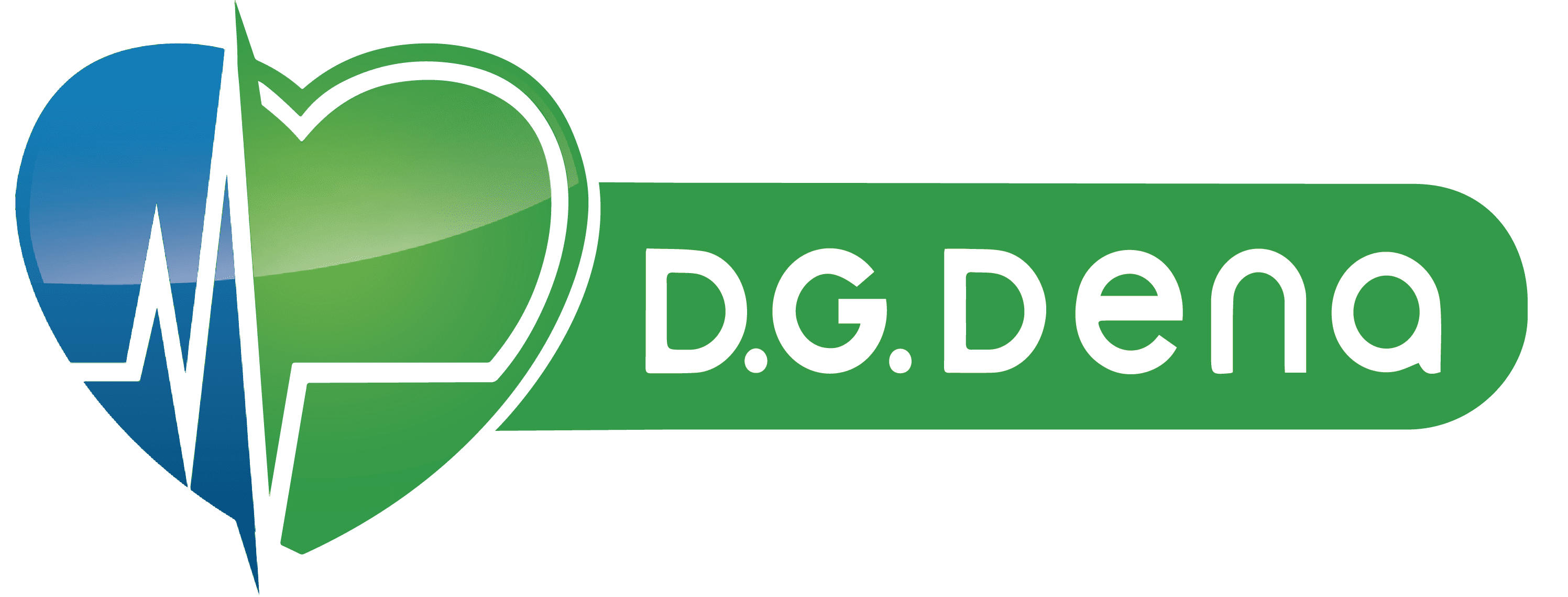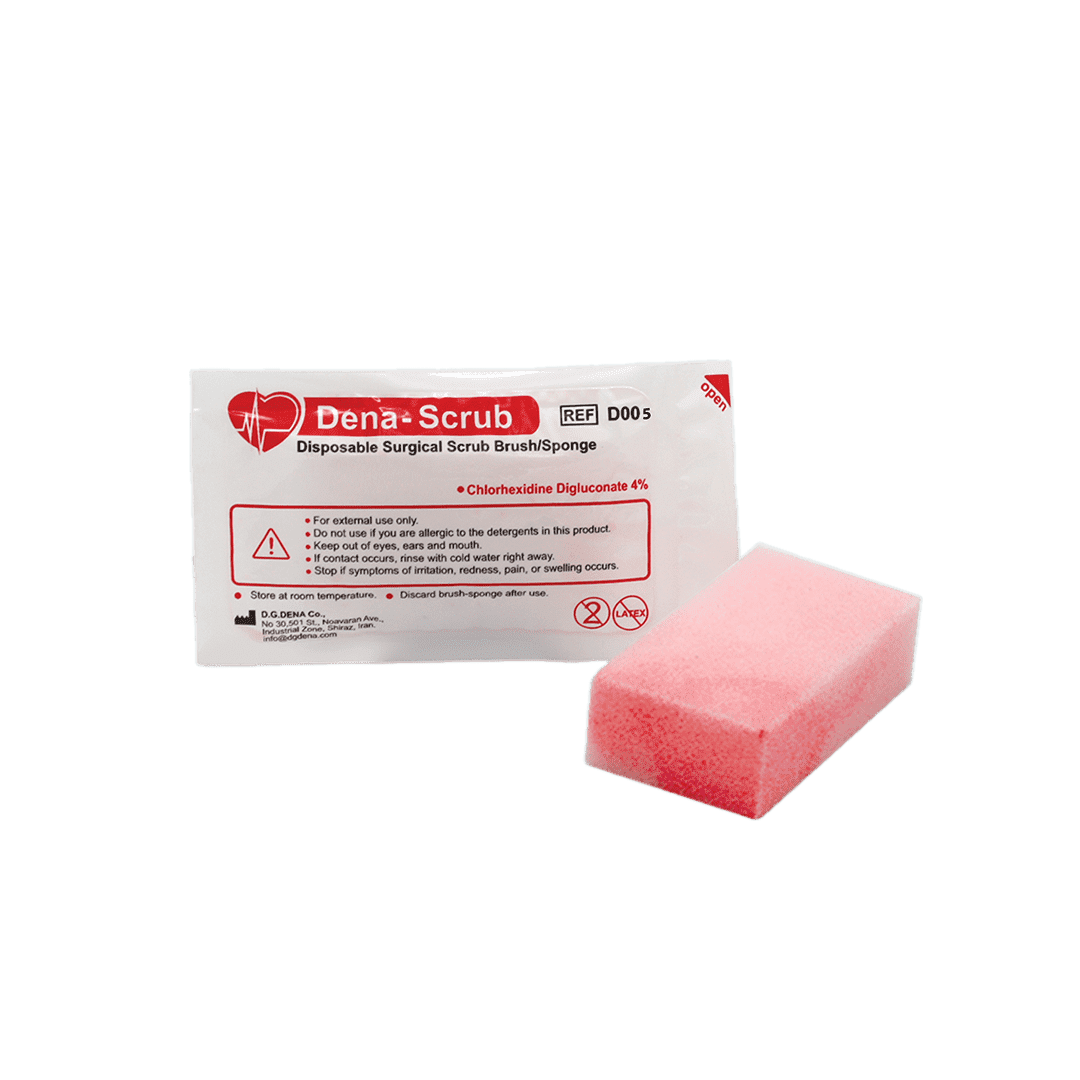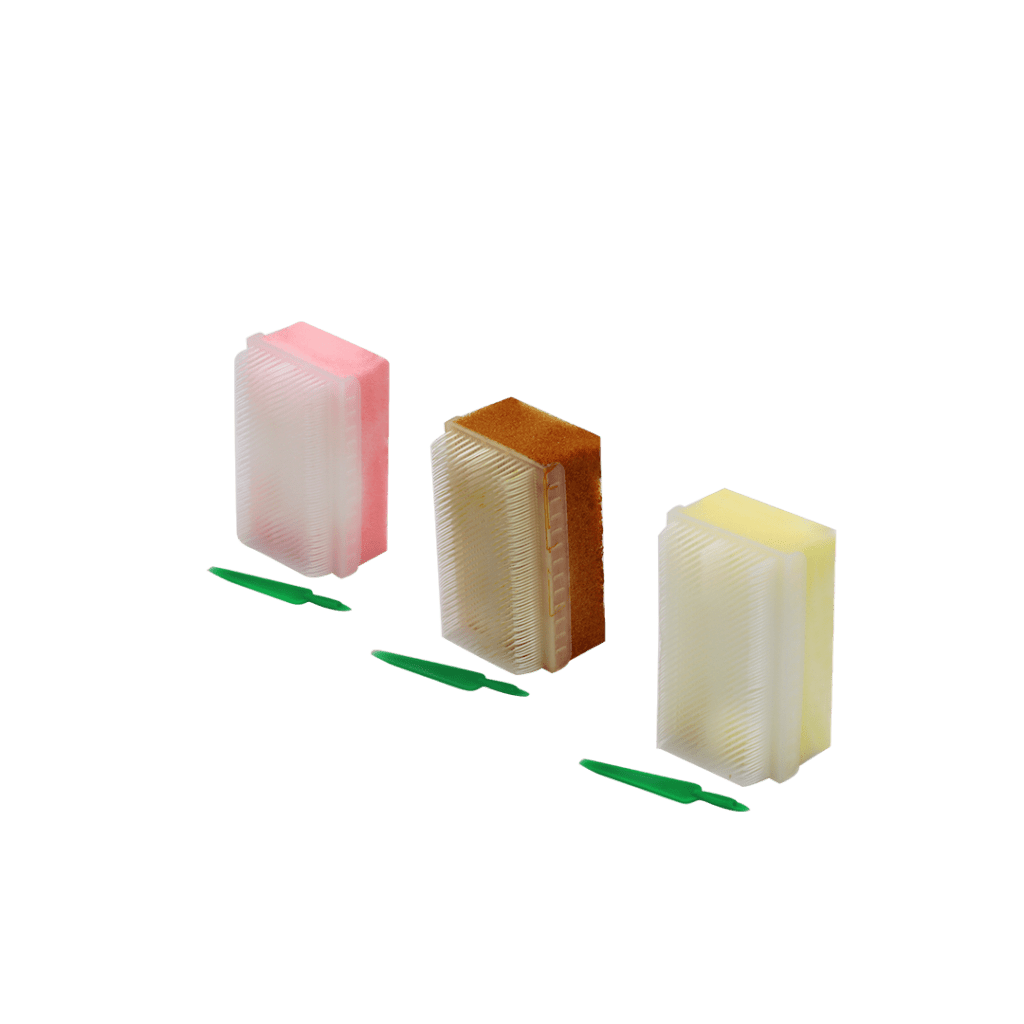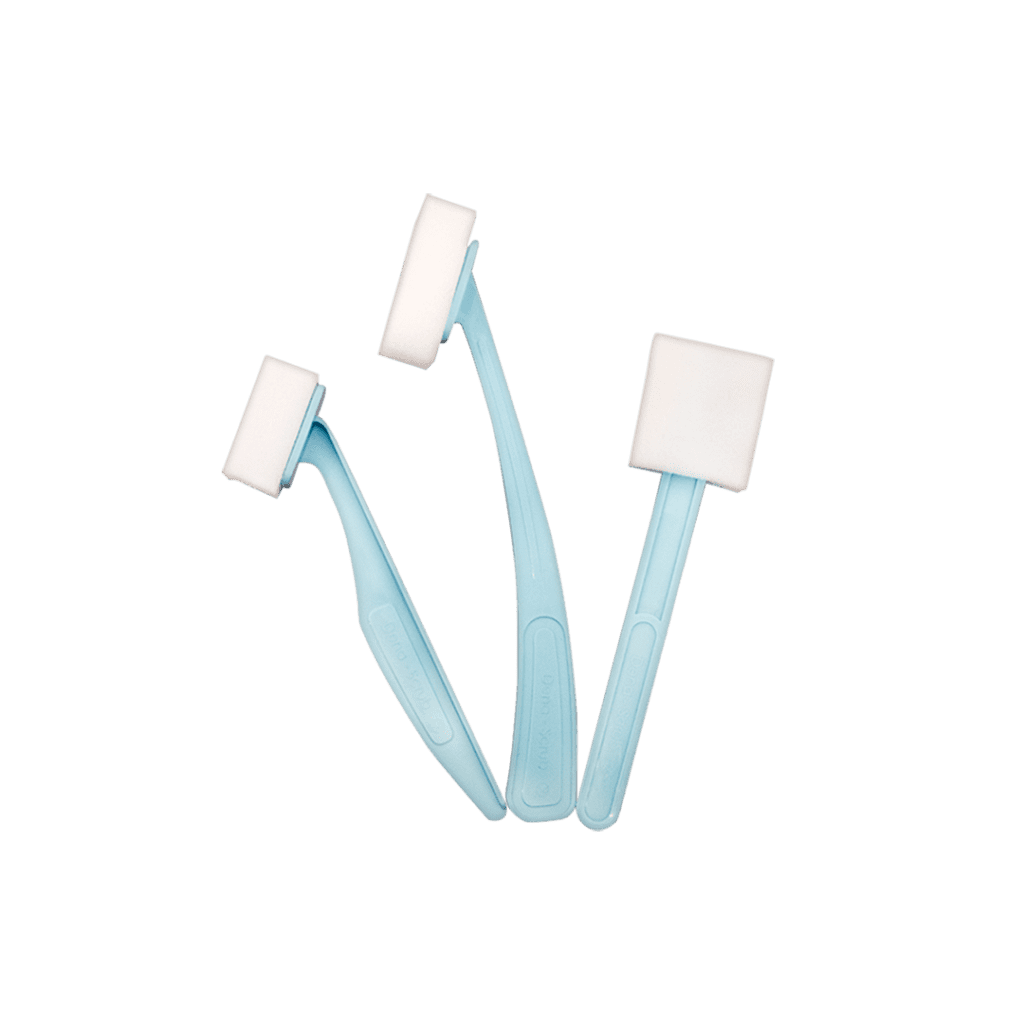Surgical Site Infection (SSI) as one of the most common types of nosocomial infections (hospital-acquired infections), causes a lot of complications for patients and imposes high costs on health systems in the world annually. In addition to imposing a high cost on the patient and medical centers, SSI extends the length of the patient’s stay in the hospital 7 to 9 days.
The source of contamination is often exogenous and is located outside the body. External contamination depends on the extent to which control and prevention methods are used, such as skin disinfection at the surgical site and appropriate disinfectants.
Bathing the patient with an antiseptic solution before surgery helps prevent the infection of the surgical wound. Bathing the patient with Chlorhexidine (CHG 4%) at the lowest interval before surgery (the night before surgery) is one of the most effective methods to help prevent surgical site infection.
Dena Scrub is a specialized and standard product for disinfecting the patient’s body before surgery. This product contains 20 ml of liquid Chlorhexidine 4% with a special medical sponge and is supplied in impenetrable packaging. Dena Scrub contains a powerful, safe, and effective antiseptic compound based on Chlorhexidine 4%, ideal for washing patient’s body before any surgery. Chlorhexidine has extensive antimicrobial effects and can eliminate a wide range of nosocomial infection-causing microorganisms, and due to its substantivity, it can maintain its antimicrobial effects for hours and effectively reduce postoperative infections.
Instructions for preoperative use
Using this product is recommended at least twice in the 24 hours before surgery to reduce the risk of SSI (the night before and the morning of surgery). Remove the sponge impregnated with disinfectant from the packaging and cover all areas of the skin from the neck down. (Note: Do not use this product for head and perineal areas.) Allow at least 3 minutes for the disinfection solution to remain on the skin. Then wash the body properly and dry thoroughly with a clean towel. For patients who cannot bathe, dry the body after using the product with a clean or sterile towel without rinsing.
Body disinfection instructions before surgery
SSI is one of the most common types of nosocomial infections. Microbes that are present on the patient’s body surface can cause SSI. Bathing the patient with a proper and standard disinfectant solution before surgery is one of the most effective methods that helps to prevent SSI. Dena Scrub is a specialized and standard product for disinfecting the patient’s body before surgery. This product contains 20 ml of liquid Chlorhexidine 4% with a special medical sponge and is supplied in impenetrable packaging.
Usage method
- Using 2 Body Scrubs twice in 24 hours before surgery is recommended to reduce the risk of nosocomial infection. (The night before and the morning of the surgery)
- Take a shower, wash your hair and body using regular shampoo and soap, and use the product the night before the surgery. Then press the Dena Scrub several times so that the sponge absorbs the liquid inside completely before opening.
- Open the Dena Scrub pack and remove the sponge. Use the sponge to wash your entire body from the neck down and clean your navel using the sponge. Clean the area of surgery as well.
- Let the solution stay on your body for 3 minutes.
- Use a clean towel to dry your body.
- Wear clean pajamas and sleep on clean bed sheets the night before surgery.
- Repeat these steps with new towels and clean clothes the morning of the surgery.
Important points
- Avoid using Dena Scrub near the eyes, ears, mouth, and genitals.
- Stop using the product and consult with your surgeon if you have a sensitivity or allergy to Chlorhexidine.
- Avoid applying lotions, fresheners, powders, or perfumes to the body after using the Body Scrub.
- Avoid shaving the night before or the day of the surgery.
- Only shaving facial hair is allowed before the surgery.
Attention
Stop using Dena Scrub if the following symptoms occur :
- Itching and Acne
- Difficulty breathing
- Heart palpitations
- Swelling of the lips, tongue, or throat





